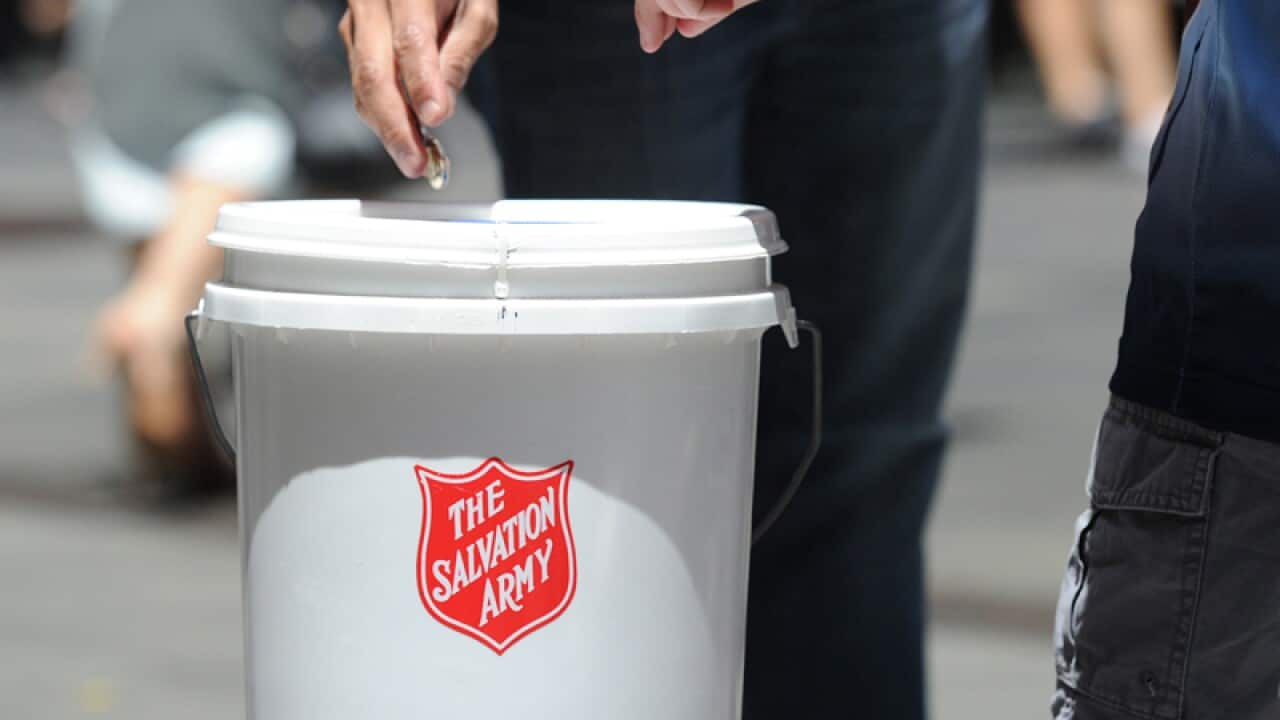Today, The Salvation Army launches its fifth consecutive Economic Social Impact Survey (ESIS), a report exploring the levels of deprivation and disadvantage experienced by those who access our emergency relief services.
ESIS is essentially a snapshot of the daily realities of life for those living on the margins and the results in this year’s survey are startling.
The survey revealed that family violence was the key reason why women moved in the past 12 months; 58 per cent of households with children report severe deprivation and go without five or more basic items; numerous clients live off just $15.29 a day after housing/accommodation is paid for; and 6 out of 10 respondents cannot afford an internet connection for their child.
It paints a fairly bleak picture of everyday life for many Australians.
But for people to sit up and take notice of the ongoing plight of people experiencing poverty, data driven research like ESIS needs a face.
It needs someone who is brave enough to put up their hand and say, “I am one of those Australians that is doing it tough.” It needs this because statistics alone will not pull the public’s heartstrings. It needs people like Duncan Storrar.
By now there is a good chance you have probably heard of Duncan. In one week he became Australia’s “new national hero” to being described as a “thug” and a “40 year old dole bludger”.
All because Duncan simply asked a question on a television program about why someone that earns over $80,000 a year was eligible for a tax break, when he, an ordinary voter that lives on a disability pension was not.
Duncan’s appearance on 'Q&A' struck a chord with the Australian public and thrust him into the spotlight overnight. However, it didn’t take long for the tide to turn after his life was put under a microscope.
Once it was reported that Duncan was an absent father, had an extensive criminal record and paid no tax, his concerns became redundant.
In the end, putting ordinary people under the same scrutiny as our politicians and national leaders does everyone a disservice. The media, the public and especially people like Duncan.
For reports like ESIS to have any real impact, someone unfortunately has to share their personal experience of hardship.
The human element has to be there.
But after the Duncan Storrar saga, who would voluntarily want to be the face of poverty?
Our clients that participate in interviews and media events do so because they see that sharing their story will raise awareness of important issues such as inequality, homeliness and drug addiction, which may encourage the public to do something about it.
To find a client that is willing to publicly share their story of hardship is not only a big ask, but also something that is an ongoing challenge for charities that want to highlight the disadvantage that many Australians face.
Duncan’s experience, which reportedly has left him on suicide watch, will make it harder to convince people of the merits of joining the conversation, and understandably so.
People experiencing financial deprivation are in their predicament for a variety of reasons: generational poverty, a lack of formal education, physical and mental illness, and in some cases because they have made a number of unethical decisions.
But regardless of what you may think about Duncan, the fact is that his day-to-day existence reflects the economic reality of life for hundreds of thousands of Australians.
When people like him join the conversation, they are often the sole voice in the room that’s speaks on behalf of these disadvantaged and marginalised individuals that live across the country.
The face of poverty often wears the battle scars of a life hard lived and that’s not always pretty.
Nonetheless, Duncan’s question on 'Q&A' started a national conversation on fairness, a feat that any charity that aims to alleviate poverty could only dream of.
To silence him runs the risk of further isolating a part of society that’s already in danger of being forgotten.
Mitch Ryan is a media officer at the Salvation Army and writer based in Sydney.




